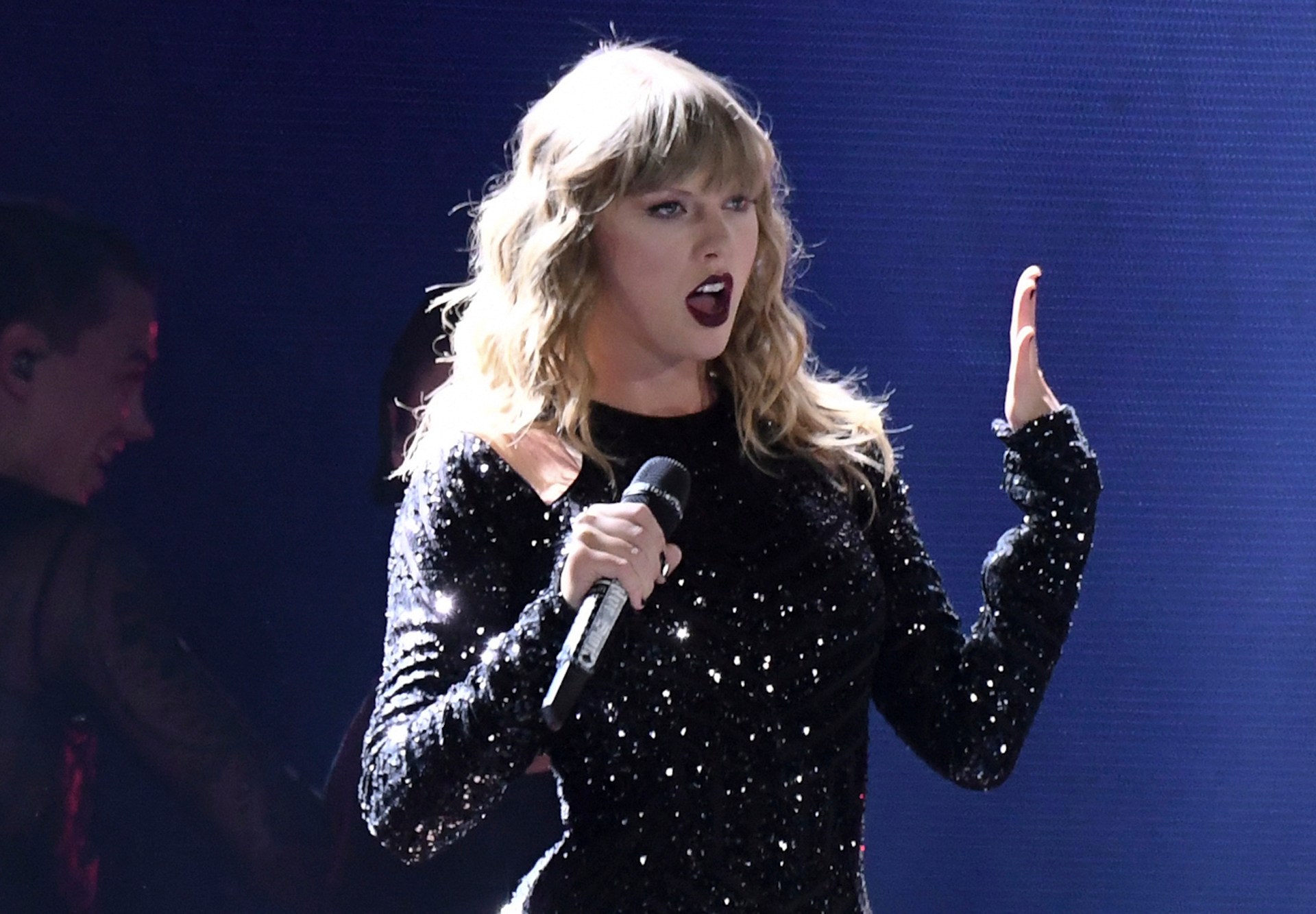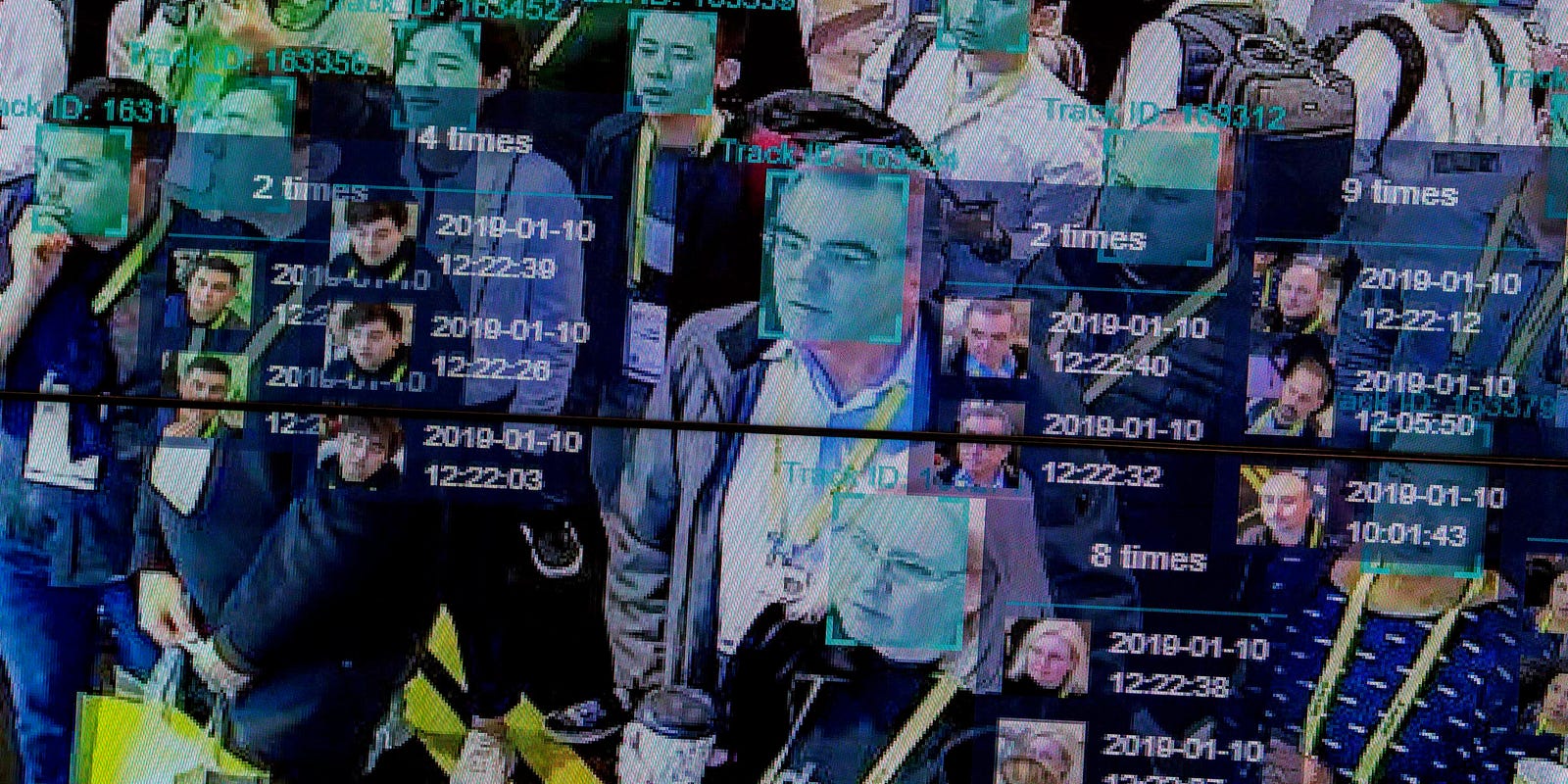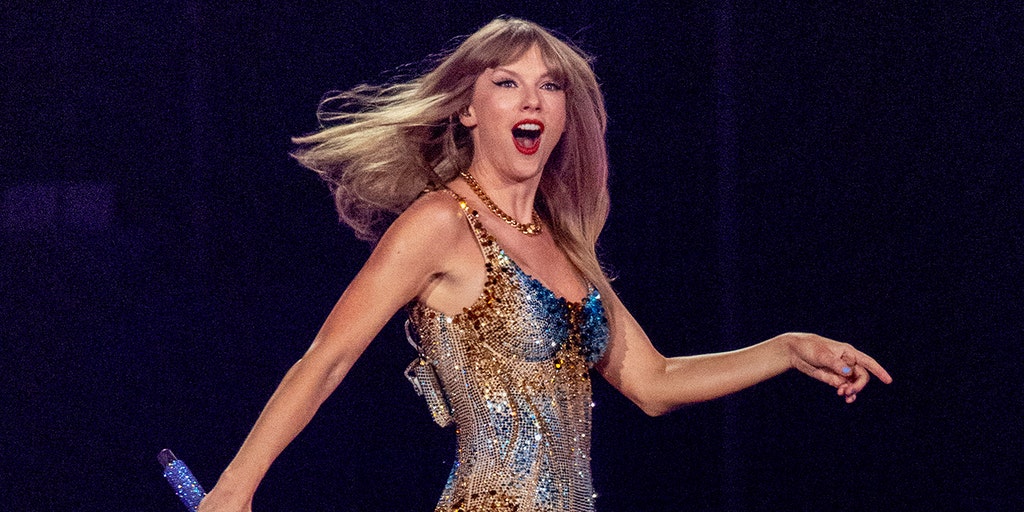Social media platform X has restricted searches for Taylor Swift, a globally renowned personality, following the circulation of explicit artificial intelligence images of the singer-songwriter.
The proliferation of deepfakes, including sexually explicit content, inundated various social media platforms from Reddit to Facebook, sparking discussions on the necessity to reinforce regulations concerning AI application, especially in cases of sexual harassment.
Taylor Swift Incident Overview
AI-generated sexually explicit images surfaced on social media platforms, gaining significant traction on X. One particular image of the superstar garnered 47 million views within approximately 17 hours before being taken down on Thursday.
The deepfake identification group Reality Defender disclosed to The Associated Press news agency that they detected numerous unique images that reached millions of internet users before removal.
X has prohibited searches for Taylor Swift and content related to the images, replacing them with an error message. Meanwhile, Instagram and Threads permit searches for Swift but issue a cautionary message when specifically seeking the controversial images.
 Search warning for Taylor Swift AI on Instagram
Search warning for Taylor Swift AI on Instagram
Response from Platforms and AI Sites
X’s safety account released a statement on Friday emphasizing the platform’s “zero-tolerance policy” towards sharing nonconsensual nude images. The platform is actively removing such content and taking punitive measures against violating accounts.
Meta also condemned the content and pledged to take necessary actions against it, stating their commitment to promptly address any further violations and remove the content.
OpenAI asserted that they have implemented safeguards to restrict the creation of harmful content on platforms like ChatGPT and refuse requests targeting public figures like Taylor Swift.
Microsoft, a provider of an image-generation tool partially based on DALL-E, announced an ongoing investigation into potential misuse of its technology.
Kate Vredenburgh, an assistant professor at the London School of Economics, highlighted that social media platforms typically rely on post-event cleanup strategies due to their content-sharing business models.
Taylor Swift has not issued a statement regarding the images and was recently spotted at an NFL game in the United States supporting her boyfriend, Travis Kelce, as his team, the Kansas City Chiefs, advanced to the Super Bowl.
Posting Non-Consensual Nudity (NCN) images is strictly prohibited on X, and we have a zero-tolerance policy towards such content. Our teams are actively removing all identified images and taking appropriate actions against the accounts responsible for posting them. We’re closely…
— Safety (@Safety) January 26, 2024
Understanding Deepfakes and Their Misuse
Deepfakes, a type of synthetic media manipulated through artificial intelligence, have been used to create fake images and videos. These can involve generating content from scratch or replacing faces in existing media with those of other individuals, often public figures.
While some deepfakes are easily recognizable due to their low quality, others closely resemble authentic videos, making detection challenging. Various AI tools like Midjourney, Deepfakes web, and DALL-E are accessible to users for free or at a minimal cost.
The majority of existing deepfake images, over 96%, are pornographic in nature, predominantly targeting women, as reported by Sensity AI, a company specializing in deepfake detection.
Legal Measures and Protection Against Deepfakes
Legislation addressing deepfakes varies across countries, ranging from disclosure requirements to prohibitions on harmful content. Several US states have enacted laws criminalizing deepfakes, with discussions ongoing for federal regulations or stricter limitations.
In the international landscape, China mandates disclosure of deepfake usage, the UK prohibits sharing deepfake pornography under the Online Safety Act, and South Korea enforces penalties for distributing harmful deepfakes.
India issued guidelines to platforms to prevent deepfakes that violate IT rules, although the legality of deepfakes depends on the content and its compliance with existing regulations.
Concerns regarding stringent regulations potentially hindering technological advancements exist, prompting debates on balancing innovation with safeguarding against misuse.
Global Responses and Advocacy Efforts
The White House expressed alarm over the images, emphasizing the importance of social media platforms enforcing rules to combat misinformation and prevent the dissemination of nonconsensual intimate imagery.
US lawmakers have highlighted the necessity for safeguards against deepfakes, while Taylor Swift’s fanbase, known as Swifties, mobilized to counter the negative images with a campaign on X using the #ProtectTaylorSwift hashtag.
Vredenburgh emphasized the role of user activism in pressuring companies for change, noting the challenges in sustaining momentum for lasting transformations in response to such incidents.










